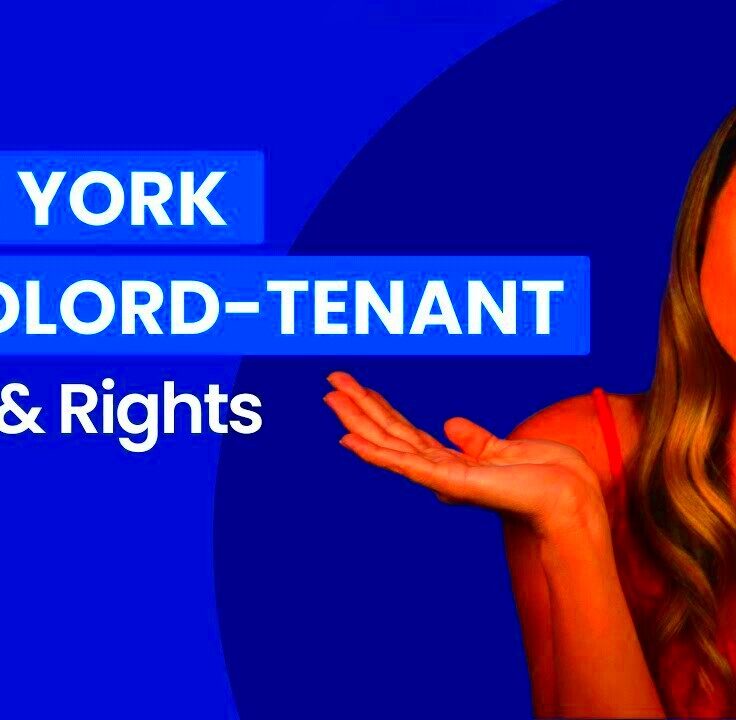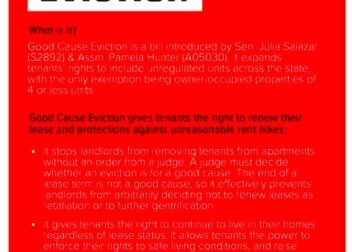What You Need to Know About Commercial Landlord-Tenant Law in New York
Ah New York the city where the skyline seems to go on forever and so do the intricacies of landlord tenant relationships. If you’ve ever ventured into this realm you’d realize that it’s not merely about finding a location and signing a contract. No there’s a complex interplay, between landlords and tenants each with their own set of rules and expectations. I recall when a friend of mine opened his café in Manhattan. The thrill of securing the perfect location quickly transformed into a crash course on the subtleties of commercial leases in New York. The more we explored the laws the more evident it became that grasping the fundamentals is not just wise but absolutely crucial.
In this urban landscape where every inch of space comes with a price tag the stakes are raised. Landlords and tenants each hold their own set of responsibilities and understanding these can spare you from future hassles and expenses. Lets explore the aspects of this dynamic so you can maneuver through it, with clarity.
Key Lease Provisions Every Tenant Should Know
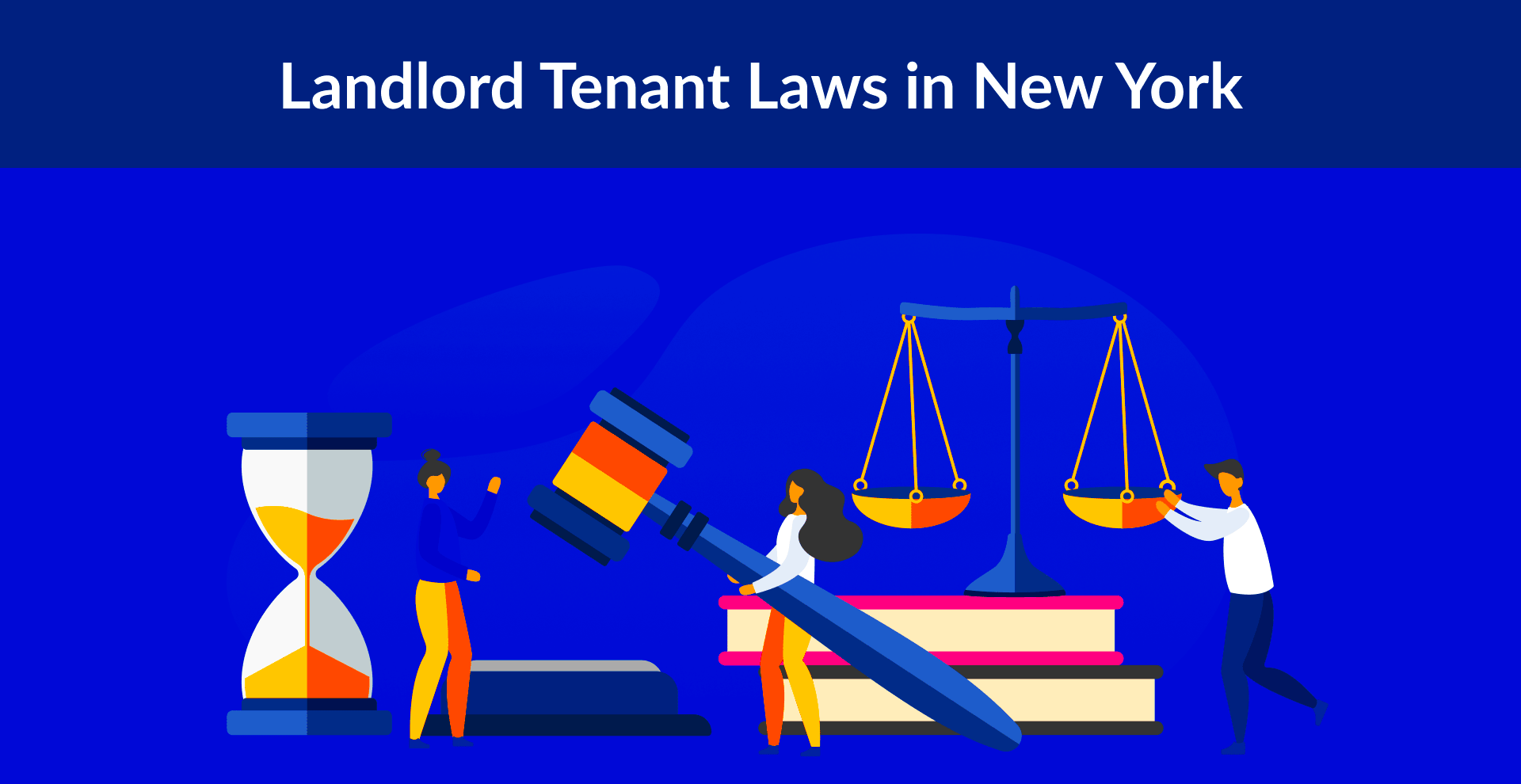
Let’s discuss the clauses in leases that often get overlooked but really shouldn’t be. I’ve witnessed numerous small businesses get taken aback due to neglecting these specifics. One incident that sticks with me is when my cousin, excited to open his boutique in Brooklyn, hastily signed a lease without grasping the consequences. Before he knew it, concealed expenses and limitations began to emerge transforming his dream into a close to nightmare scenario.
Here are a few important points you should pay attention to.
- Rent Escalation Clauses: These determine how and when your rent can increase. New York has its own unique ways of structuring these, so be sure to understand what you’re agreeing to.
- Subleasing and Assignment: Life happens—businesses grow, or sometimes need to downsize. Knowing whether you can sublease your space or transfer your lease to another party can be a lifesaver.
- Maintenance and Repairs: Who’s responsible for what? It’s not always as clear-cut as you might think. Some leases put the burden of all repairs on the tenant, while others split it.
- Use Clauses: What you can and can’t do with the space might be restricted. A friend of mine once found out he couldn’t use his rented space for the exact purpose he intended because of a restrictive use clause.
- Termination Clauses: It’s not something we like to think about, but knowing the conditions under which your lease can be terminated is crucial.
The devil lies in the specifics. Investing effort into grasping these clauses can be crucial in determining whether things run smoothly or become challenging.
Landlord Rights and Responsibilities in New York
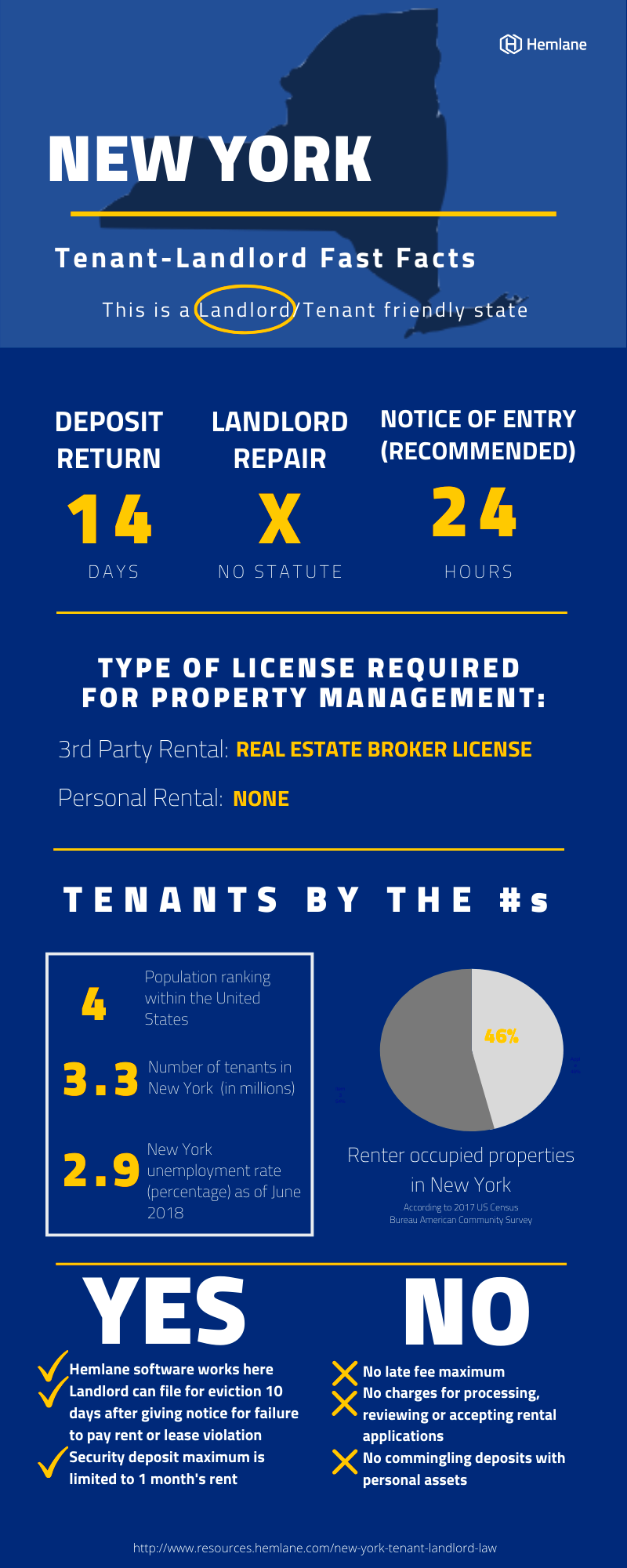
Lets switch gears and focus on landlords. If you happen to be one in New York you have your own set of hurdles to face. My uncle who owns a commercial property in Queens often quips that being a landlord is akin to being the captain of a ship. You hold the reins but the weather or tenants can shift unexpectedly at any time.
Landlords have some rights, such as getting their rent on time and being able to uphold the lease agreements. However along with these rights come certain obligations. For example landlords need to make sure that the property complies with health and safety standards. They are also in charge of handling repairs, kind of like maintaining a ship to prevent it from sinking.
A brief overview of the responsibilities that landlords typically have to take care of.
- Property Maintenance: Keeping the building in good shape isn’t just a courtesy; it’s a legal obligation.
- Legal Compliance: From zoning laws to health codes, landlords need to ensure that their property is up to snuff.
- Handling Security Deposits: This one can get tricky. Landlords must manage these funds properly and return them under the right conditions.
- Dealing with Evictions: While landlords do have the right to evict tenants under certain conditions, this must be done according to the law. No one wants to end up in a courtroom, right?
Managing a rental property in New York comes with its challenges. However knowing your rights and obligations can assist you in handling your property more efficiently and potentially ensuring everything runs smoothly.
Tenant Rights and What They Mean for Your Business
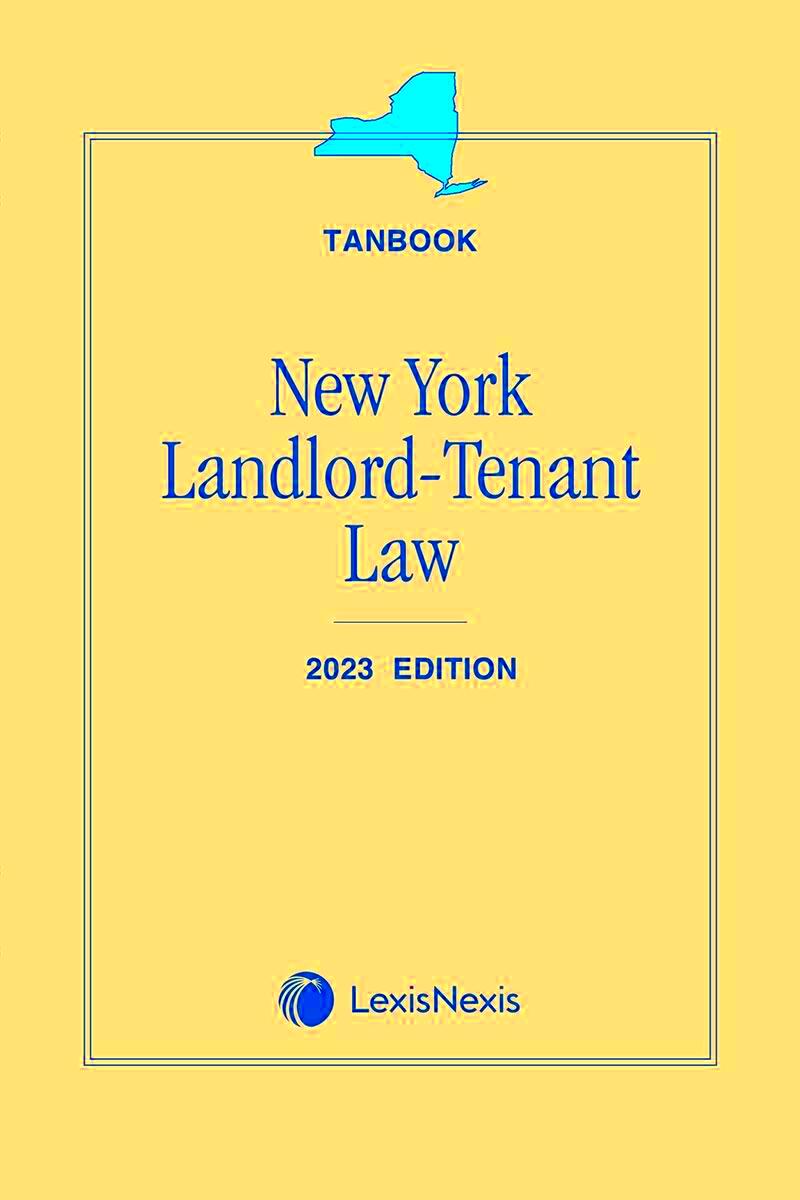
Lets keep it real navigating the maze of tenant rights in New York can be quite an adventure. When I assisted a friend in establishing her yoga studio in SoHo we soon discovered that grasping these rights was not a matter; it was essential for her peace of mind. The core of your business lies in its location and being aware of your rights as a tenant serves as a safety net during challenging times.
Here are some important rights that every tenant should know about in New York
- Right to a Safe and Habitable Space: Your landlord is obligated to provide a space that meets health and safety standards. This means proper heating, ventilation, and structural integrity, to name a few.
- Right to Privacy: Your landlord can’t just pop in whenever they like. They must provide reasonable notice before entering your leased space, except in emergencies.
- Right to Fair Treatment: Discrimination is a big no-no. Whether it’s about race, gender, or disability, your landlord must treat you fairly and without bias.
- Right to Know Lease Terms: Transparency is key. You have the right to fully understand the terms of your lease, including rent increases, maintenance responsibilities, and how to resolve disputes.
Understanding your rights gives you power. It allows you to concentrate on expanding your venture without constantly stressing about potential landlord problems. I’ve witnessed companies flourish solely because they were knowledgeable and ready to defend themselves when needed. Therefore dont hesitate to delve into the specifics – they are crucial for the survival of your business.
Common Disputes Between Commercial Landlords and Tenants
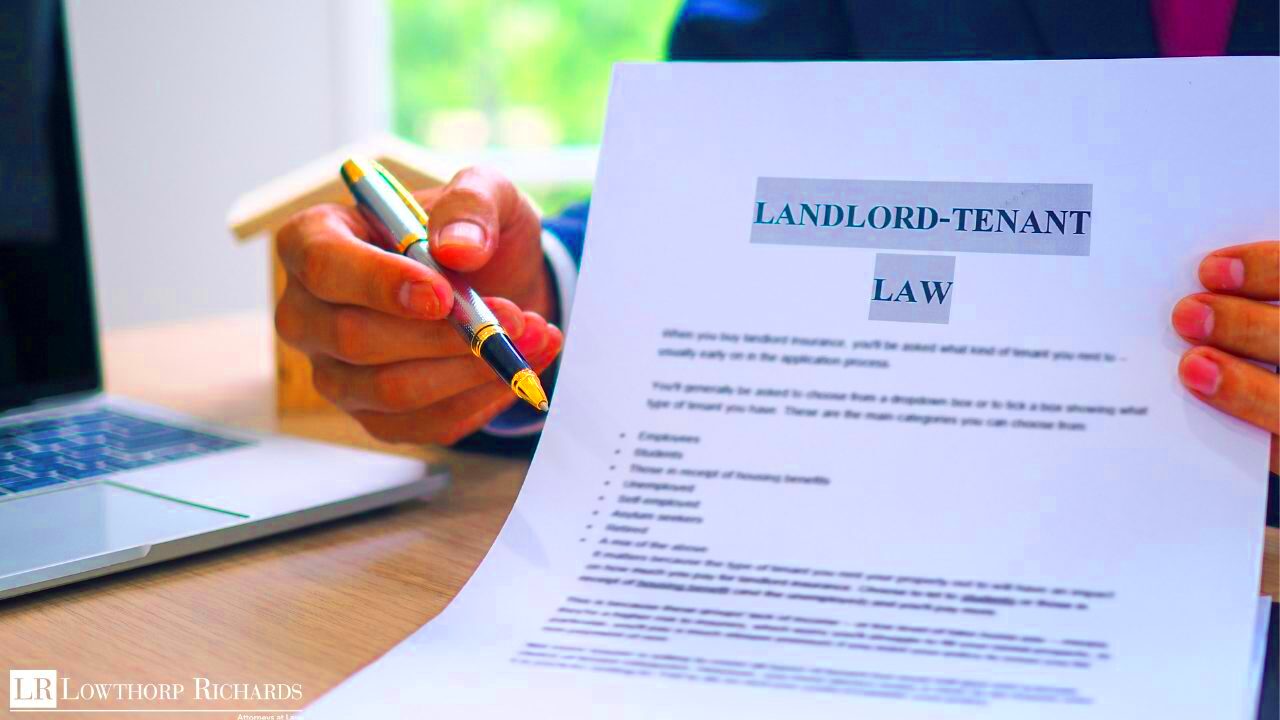
Disagreements no one enjoys them but they often come with being a landlord or tenant. I recall the atmosphere during a disagreement between my neighbors café and a plumbing problem. What began as a hassle rapidly turned into a heated dispute that jeopardized the survival of his establishment. Tales like these serve as a reminder of the importance of recognizing the triggers in these interactions.
Here are a few types of conflicts that may come up frequently:
- Rent Increases: It’s not uncommon for landlords to raise the rent unexpectedly. If not addressed in the lease agreement, this can lead to heated disputes.
- Maintenance and Repairs: Who’s responsible for what? This question has led to more disagreements than I can count. Some landlords try to push repair responsibilities onto tenants, leading to frustration and conflict.
- Lease Violations: Whether it’s a landlord claiming that a tenant isn’t using the space as agreed, or a tenant feeling unfairly targeted, lease violations are a frequent source of disputes.
- Property Damage: Accidents happen, but when they do, determining who pays for the damage can be a contentious issue.
- Security Deposits: Getting your deposit back shouldn’t be a battle, but it often is. Disputes over the return of security deposits are sadly very common.
Conflicts can be exhausting and take a toll on your emotions and finances. However being aware of the common sources of disagreements can assist you in getting ready and hopefully steering clear of them entirely. As my neighbor remarked after his challenging experience “If I had known then what I know now things would have turned out differently.” Being informed is your strongest protection.
Steps to Take if a Dispute Arises
Nobody enjoys dwelling on conflicts but lets be real they occur. When they do having a strategy in place is crucial. I remember the nights my cousin spent tossing and turning when his aspirations of starting a clothing store were met with resistance from a difficult landlord. The pressure was intense but having a roadmap to navigate through the situation proved to be invaluable in finding a resolution.
If you ever find yourself in a disagreement here are some steps you can take.
- Document Everything: The first step is to keep a detailed record of all communications with your landlord. Save emails, take notes during phone calls, and keep copies of any letters. This documentation will be invaluable if the dispute escalates.
- Review Your Lease Agreement: Before jumping to conclusions, revisit your lease. Often, the answer to a dispute lies within the clauses you’ve agreed to. Understanding your rights and obligations under the lease can clarify the next steps.
- Attempt to Negotiate: Sometimes, a calm, respectful conversation can resolve issues before they spiral out of control. Approach your landlord with your concerns and try to find a middle ground.
- Seek Legal Advice: If negotiations fail, it might be time to consult with a legal professional. A lawyer specializing in commercial real estate can offer guidance on your rights and how best to proceed.
- Consider Mediation: Mediation can be a less adversarial way to resolve disputes. A neutral third party can help both sides come to an agreement without the need for a court battle.
- Know When to Take Legal Action: If all else fails, you may need to take the matter to court. This should be a last resort, but sometimes it’s necessary to protect your business.
Conflicts can be challenging. However with the strategy they can be handled and settled. Its crucial not to let feelings cloud your judgment and to respond swiftly and firmly. As my cousin discovered the earlier you tackle an issue the sooner you can redirect your attention towards what truly counts in your life—your work.
How to Find Legal Help for Commercial Landlord-Tenant Issues
Locating the legal assistance can be quite a challenge especially if you find yourself entangled in a landlord tenant dispute. I recall a time when a friend of mine faced a predicament with her landlord in New York City. She owned a small café that was just starting out but the lease issues threatened to jeopardize her entire business. She was clueless about where to begin whom to rely on or what the expenses would be. However with some support and determination she eventually discovered the lawyer and that turned everything around for her.
Here’s a straightforward roadmap to assist you in seeking appropriate legal assistance.
- Start with Referrals: There’s nothing like a personal recommendation. Ask around—friends, family, or even other business owners. My friend found her lawyer through a casual chat with another café owner down the street.
- Check Legal Directories: Websites like Avvo, Martindale-Hubbell, or even the New York State Bar Association can help you find lawyers who specialize in commercial real estate. These platforms often include reviews and ratings, which can be quite revealing.
- Look for Experience: Make sure the lawyer you choose has experience with commercial landlord-tenant law in New York. It’s a niche area, and not every lawyer will have the expertise needed to handle your specific issues.
- Initial Consultations Matter: Many lawyers offer a free or low-cost initial consultation. This is your chance to gauge their approach and see if they understand your situation. My friend met with a few lawyers before finding one who really got what she was going through.
- Understand the Costs: Legal help can be expensive, but it’s an investment in your business. Make sure you understand the fee structure—whether it’s hourly, flat rate, or contingency—before moving forward.
When it comes to getting legal assistance it’s not solely about settling a disagreement. It’s also about safeguarding the future of your business. Avoid hurrying through this process. Take your time conduct thorough research and listen to your gut feelings. Ultimately what’s at stake is your source of income.
Frequently Asked Questions
When it comes to landlord tenant law in New York there are bound to be questions that arise. I’ve witnessed this, with friends and colleagues and at times having the answers can provide a sense of comfort. Here are some of the frequently asked questions that people often have.
- What should I do if my landlord isn’t making necessary repairs?You have the right to a safe and habitable space. If your landlord isn’t fulfilling their obligations, document the issues, notify them in writing, and if necessary, seek legal advice.
- Can my landlord raise the rent before my lease ends?No, unless it’s specifically outlined in your lease agreement. Rent increases are generally only allowed at the end of a lease term or if there’s a clause permitting it.
- What happens if I want to break my lease early?Breaking a lease can be tricky. You may be responsible for the remaining rent unless you negotiate a termination agreement or find a replacement tenant, depending on your lease terms.
- How can I resolve a dispute without going to court?Mediation or arbitration are alternative dispute resolution methods that can be quicker and less costly than going to court. Many find these options to be less stressful as well.
- What should I look for in a commercial lease agreement?Pay attention to clauses about rent, maintenance, use restrictions, and termination. It’s wise to have a lawyer review the lease before you sign.
While these questions only scratch the surface they address key considerations when it comes to managing commercial landlord tenant relationships in New York. If you have any doubts feel free to reach out for clarification. It’s always wiser to seek understanding upfront rather than dealing with unexpected revelations down the line.
Wrapping Up: The Importance of Knowing Your Rights and Obligations
As we wrap up our exploration of landlord tenant law one thing becomes clear knowledge isn’t just a tool; it brings a sense of security. I’ve witnessed countless friends and associates caught off guard by challenges solely due to their failure to grasp their entitlements and responsibilities. In New York, where the stakes are significant staying informed is more than a suggestion; it’s an absolute essential.
Consider it this way Your business is akin to a child and similar to a parent you must safeguard it at all costs. Whether you’re a property owner or a renter being aware of the game’s rules enables you to navigate it more intelligently. A friend of mine who nearly lost her café now expresses that she feels like an individual—self assured in command and prepared to tackle whatever challenges lie ahead. That’s the power of understanding your rights and responsibilities.
While exploring the vibrant streets of New York keep in mind that the success of your venture relies not only on choosing a spot or having a clever concept but also on grasping the legal environment you’re working within. Make sure to invest time in educating yourself, posing inquiries and seeking professional guidance when uncertainties arise. Your future self will appreciate it.
